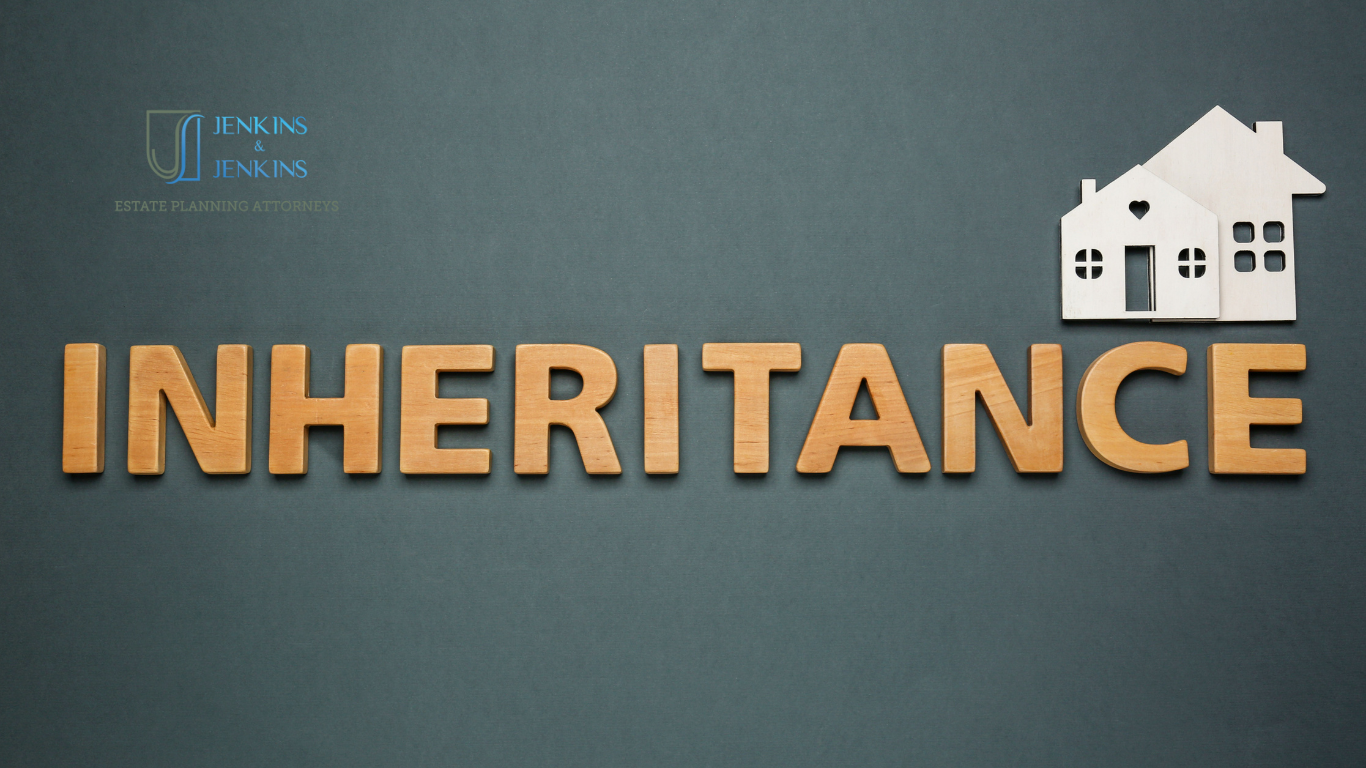Now that the new year is well underway, it’s the perfect time to focus on your business’s future and ensure you’re taking the necessary steps to protect what you’ve built. For small business owners, now is the ideal moment to turn your attention to estate planning—not just as a task for the future, but as a proactive step toward securing your business and your legacy.
Estate planning is often associated with personal matters like distributing assets to loved ones, but for small business owners, it’s just as crucial to ensure the long-term success of your company. Whether you’re in the early stages of your business or have been running it for years, a solid estate plan helps protect the future of your business—no matter what life brings.
At Jenkins & Jenkins, we specialize in helping business owners create customized estate plans that provide clarity, protection, and peace of mind. If you’ve been putting this off, here’s why now is the ideal time to get your plan in place—and how it can set you up for success throughout the year.
Business Continuity: Ensure Your Business Keeps Running Smoothly
One of the key reasons for small business owners to have an estate plan is to ensure that your business continues to run smoothly in the event of your incapacity or death. Without a clear plan, your business could face significant legal and financial challenges that could threaten its future.
What to do:
- Designate a successor: Whether you want a family member, business partner, or trusted employee to take over, having a designated successor ensures that your business doesn’t stall if you’re no longer able to run it.
- Set up a buy-sell agreement: If you have business partners, a buy-sell agreement outlines how ownership will be transferred in the event of a partner’s death or incapacity. This protects both your family’s and your business’s interests.
- Create a management plan: If the business is to be continued by family members or other key employees, specify roles and responsibilities to make the transition as smooth as possible.
Protecting Your Business Assets: Minimize Potential Tax Burdens
For small business owners, assets often extend beyond just physical property or equipment. Intellectual property, customer lists, and goodwill can all be incredibly valuable. Without proper estate planning, these assets could be exposed to unnecessary taxes or legal issues that might reduce the value of your business or complicate matters for your heirs.
What to do:
- Establish a trust: A well-structured trust can help shield your business assets from probate and minimize estate taxes. Transferring your business into a living trust allows your heirs to inherit it without the delays and costs associated with probate court.
- Review business insurance policies: Ensure you have insurance in place to protect your business in the event of a loss of key personnel or owners. Life insurance policies that fund buy-sell agreements or key person insurance can be vital.
- Understand tax implications: Work with an estate planning attorney or financial advisor to ensure your estate plan is structured in a way that takes tax considerations into account, such as reducing estate or inheritance taxes.
Addressing Family Dynamics: Clear Expectations for Your Loved Ones
For small business owners, passing the business on to heirs can create complicated family dynamics. Without a clear estate plan, family members may disagree on how the business should be managed, potentially leading to disputes that could harm both the business and your relationships.
What to do:
- Have the “business succession” conversation: If you plan to pass your business on to family members, take the time to discuss your intentions with them. Are they interested in running the business? Do they have the skills and knowledge to take over? Open communication now can help avoid misunderstandings and conflicts in the future.
- Set expectations clearly: A well-drafted estate plan specifies who will take over the business, how the transition will work, and how decisions will be made. This clarity can prevent friction among family members and help ensure a smooth handoff.
Protecting Your Personal Assets: Separate Your Business and Personal Finances
One of the major benefits of a solid estate plan is protecting your personal assets. Small business owners often face the risk of business liabilities spilling over into their personal finances. Without the right legal protections in place, personal assets like your home or savings could be at risk if the business encounters financial trouble.
What to do:
- Form an LLC or corporation: Ensure your business is properly structured to limit personal liability. By forming an LLC or corporation, you separate your personal assets from your business, adding an extra layer of protection for your family.
- Consider asset protection strategies: If you have significant personal assets, consider additional asset protection strategies, such as creating trusts or other legal structures that further separate your personal wealth from your business.
Plan for Incapacity: Prepare for the Unexpected
As a business owner, you are the cornerstone of your company’s success. But what happens if you become incapacitated due to illness, accident, or another unexpected event? Without a plan, your business could experience delays or disruptions while your family or employees navigate your absence.
What to do:
- Designate a power of attorney: Choose someone you trust to make business decisions on your behalf if you’re unable to do so. This person can step in to manage day-to-day operations, ensuring business continuity.
- Prepare for key employee transitions: If you’re the primary person responsible for the business’s operations, make sure that key employees are trained and prepared to step up if necessary.
Conclusion: Act Now for Long-Term Success
Now that the new year is in full swing, it’s the perfect time to take action and create or review your estate plan. Estate planning for small business owners isn’t just about preparing for the inevitable—it’s about ensuring that your business continues to thrive, regardless of what happens. By reviewing your estate plan now, you’ll be setting your business, your family, and your legacy up for success in the long run.
At Jenkins & Jenkins, we understand the unique challenges small business owners face when it comes to estate planning. Our team can help you navigate the complexities of business succession, asset protection, and tax efficiency. Contact us today to schedule a consultation and ensure that your business—and your estate plan—is ready for success in the year ahead.







